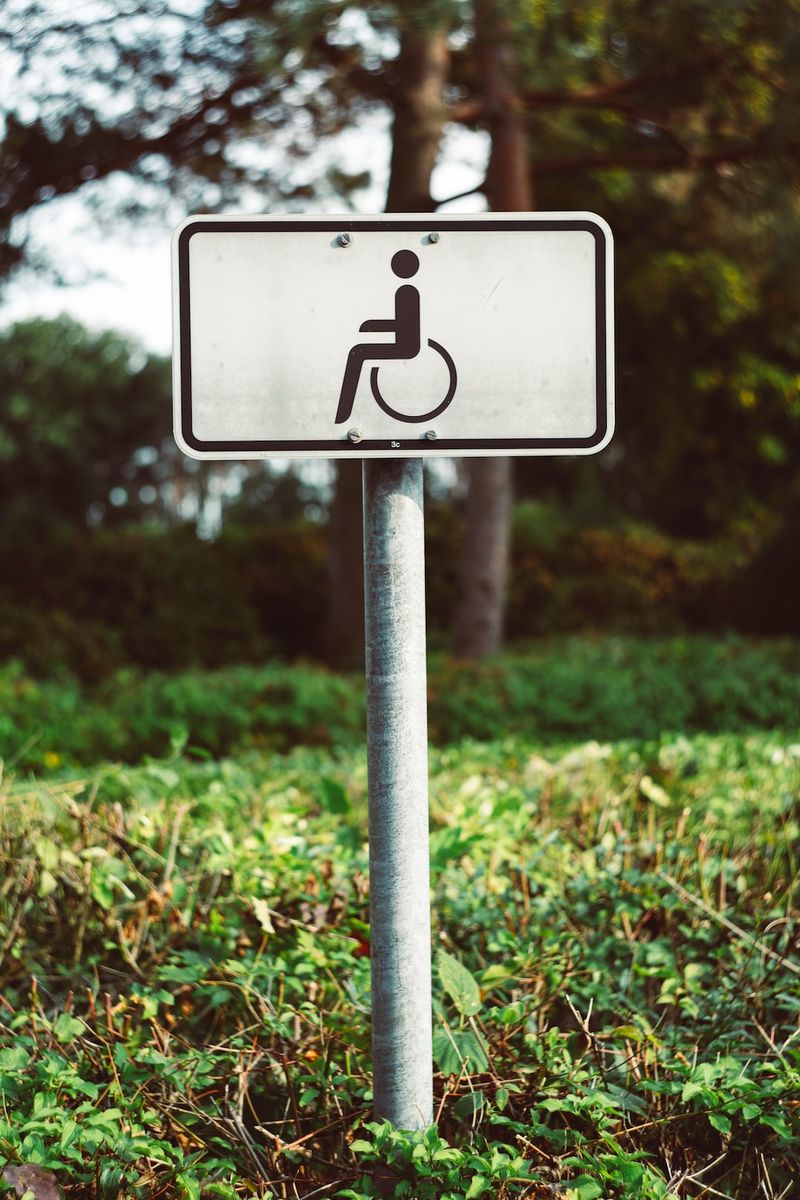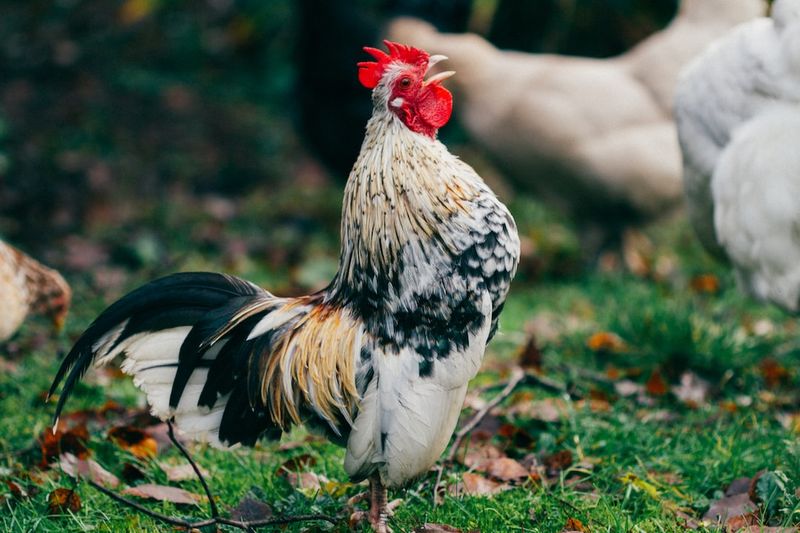Wheelchair users unable to enter Voice referendum early voting booth a ‘shoddy attempt at inclusion’
Introduction
In a disappointing incident highlighting the ongoing challenges faced by people with disabilities, wheelchair users in Wagga Wagga, Australia, were unable to access an early voting booth for the Voice to Parliament referendum. Despite the venue being labeled as having “unimpeded” access, a woman who uses an electric wheelchair, Michelle Davidson, was unable to enter due to a step at the front door. This situation not only raises concerns about the accessibility of voting locations but also underscores the broader issue of societal inclusion for people with disabilities.
Challenges in Accessibility
The incident at the Wagga Wagga pre-polling venue sheds light on the broader problem of mislabeling accessibility in polling stations. According to Nicole Lee, the President of People with Disability Australia, this is a common experience that occurs repeatedly during elections. The mislabeling of venues as accessible when they are not prevents individuals with disabilities from fully participating in the democratic process.
Inclusive Democracy
Voting is a fundamental right and a crucial aspect of democratic societies. It provides individuals with a voice to shape the future of their country. However, when polling stations are inaccessible, it not only denies access to the physical act of voting but also marginalizes individuals with disabilities, making them feel like lesser citizens. People like Michelle Davidson, who had to cast her vote from her car, are left feeling diminished and excluded.
Philosophical Discussion: The Importance of Inclusion
Inclusion is a fundamental principle of democracy. It goes beyond providing physical access to voting booths; it encompasses the idea that every individual’s voice and vote should count equally. When people with disabilities are unable to access polling stations, it not only restricts their participation but also perpetuates the notion that their views and opinions are of less value. Inclusive democracy requires breaking down barriers, both physical and societal, to ensure that all individuals have an equal opportunity to exercise their rights and contribute to the collective decision-making process.
Recommendations for Change
It is imperative that the Australian Electoral Commission (AEC) and other relevant authorities take immediate action to rectify this issue and ensure that all polling stations are truly accessible. This includes accurately labeling venues, installing appropriate infrastructure such as ramps, and providing sufficient training to election staff on disability awareness and inclusivity.
Furthermore, it is crucial for the government to invest in long-term solutions that go beyond just election periods. Building a truly inclusive society requires ongoing efforts to remove barriers and create equal opportunities for all. This can be achieved through the implementation of inclusive policies, promoting disability awareness and education, and encouraging the active participation of people with disabilities in decision-making processes.
Conclusion
The incident in Wagga Wagga serves as a stark reminder that there is still significant work to be done to ensure the inclusion and accessibility of people with disabilities in all aspects of society. Voting is a fundamental right, and it is essential that every individual, regardless of their physical abilities, has equal access to exercise that right. By addressing the challenges faced by wheelchair users in this case, we can take a step toward building a more inclusive democracy that values the voices and contributions of all its citizens.

<< photo by Markus Spiske >>
The image is for illustrative purposes only and does not depict the actual situation.
You might want to read !
- “Education Perfect Welcomes Jonathan Morgan as CEO, Spearheading Future Educational Success”
- The Rise of Digital Learning: Edtech Giant Welcomes New CEO
- A Critical Analysis of Vice Chair Barr’s Speech on Bank Regulation in Australia
- “From Cameras to Consequences: Unveiling the Intricacies of Big Brother 2023”
- Massive Aid Mobilization in Afghanistan as Earthquake Victims Mount
- The Battle for Glory: How to Tune in to the West Ham vs. … Premier League Showdown
- Opera House Under Siege: Pro-Palestine Demonstrators Cross the Line with Antisemitic Harassment
- “Will the Voice Referendum Signal the End of an Era in Australian Voting?”
- Bloodshed in the North: A Deadly Targeted Shooting Rocks Melbourne’s Streets
- “Exploring the Global Importance of Mental Health: World Mental Health Day Sheds Light on the Struggles and Solutions”
- “Reconsidering Australia’s stance: Pro-Palestinian rally demands a shift in Australian support”
- Heading to the Polls: Australians Begin Early Voting for Referendum
- Voice to Parliament Referendum: Early Voting Begins as Support and Opposition Vie for Votes
- Deciding the Destiny: Australia’s Indigenous Voice Referendum Kicks Off Early Voting




